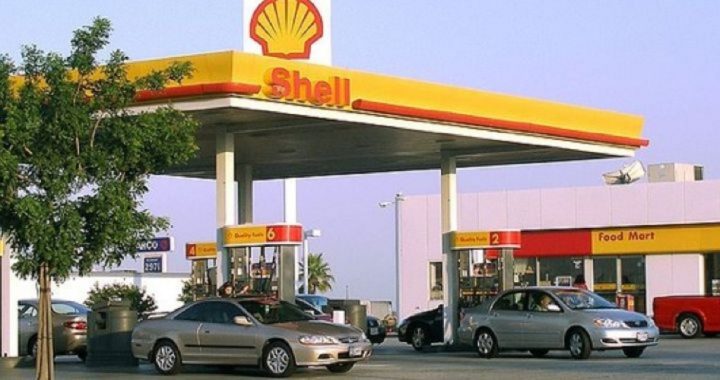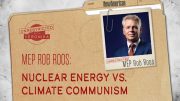
Even as prices for crude oil and natural gas were already declining thanks to continued overproduction by the OPEC cartel, the commitment of millions of dollars in new capital expenditures by major oil companies next year, and the stirring of recovery in the oil patch, last Tuesday’s election added additional impetus to the decline. The price for crude oil for December delivery has dropped more than $2 a barrel since the election, and Evan Kelly, writing at OilPrice.com, thinks it’s going to drop further, perhaps much further.
Reasons abound, mostly around Donald Trump’s promise to breathe new life into an industry hampered by overregulation driven by questionable concerns over global warming. As Kelly wrote:
One thing is for sure: he will usher in one of the most deregulated eras for oil and gas in recent memory. He will rescind regulations that affect methane emissions, hydraulic fracking and greenhouse emissions. He will likely streamline or gut permitting requirements for major infrastructure projects, clearing the way for pipelines.
He will probably open up public lands for expanded drilling opportunities, and, in time, he could auction off drilling rights in the Atlantic Ocean, Arctic Ocean, Alaskan wilderness, and even the Eastern Gulf of Mexico….
It is hard to overestimate what a revolution in energy policy this could be.
Although vague on specifics during his campaign, Trump is now putting people behind his promises. He is considering Forrest Lucas, the founder of Lucas Oil, for the position of secretary of the Department of the Interior. As secretary, Lucas would be in a position to lift, modify, or rescind some of the more inane politically driven limitations placed on the energy industry by that department. Lucas’ political position on those “inane” limitations can be measured by his decision to invest $600,000 of his own money into a non-profit organization, Protect the Harvest, which opposes “the radical animal rights movement” and which calls the Humane Society of the United States “a wealthy and successful attack group.”
Trump has already picked Myron Ebell of the Competitive Enterprise Institute to lead his EPA transition team. Ebell is also the chairman of the Cooler Heads Coalition, which is “focused on dispelling the myths of global warming by exposing flawed economic, scientific, and risk analysis.” A contrarian by nature, Ebell (and his team) could replace the present global-warming advocates currently in place who have increasingly stymied energy development with more reasonable individuals operating without a fixed political agenda. New faces at the EPA could rescind its September 2011 “Endangerment Finding” that the Obama administration has used as cover for those restrictions. That “Finding” declared “that greenhouse gas emissions endanger the public health and welfare of current and future generations.” Specifically it found that “greenhouse gas pollution generated by human activity is causing climate change,” that it “will endanger public health,” and that it “will endanger public welfare.”
In real terms, more crude oil could flow more cheaply, at less risk, to major refineries on the East and Gulf coasts. For example, the Dakota Access pipeline, much in the mainstream media lately because of protests, would deliver, once it is completed, about 500,000 barrels of light sweet crude oil from the Bakken formation in North Dakota to refineries in the central United States. The XL Pipeline project, approval of which has lain dormant on Obama’s desk for years, would likely be revived, increasing the flow of crude to refineries and reducing the risks currently being exposed through the use of railroad tankers and tank trucks to deliver the product.
At present the United States, despite its remarkable increase in production of crude oil, still falls short of meeting the country’s domestic demands. To that extent it still relies on imported oil to make up the difference. Once that gap is closed, however, America would not only become self-sufficient, but it would then move on to be a primary energy provider to the world.
In simple terms, by creating this new era in energy development, Trump will drive America’s renaissance with untold benefits to every energy user and consumer on the planet. Just allowing the energy industry to breathe will show up in higher standards of living not only for those working in the industry but for every other person using energy in their daily lives.
An Ivy League graduate and former investment advisor, Bob is a regular contributor to The New American magazine and blogs frequently at LightFromTheRight.com, primarily on economics and politics. He can be reached at [email protected].



